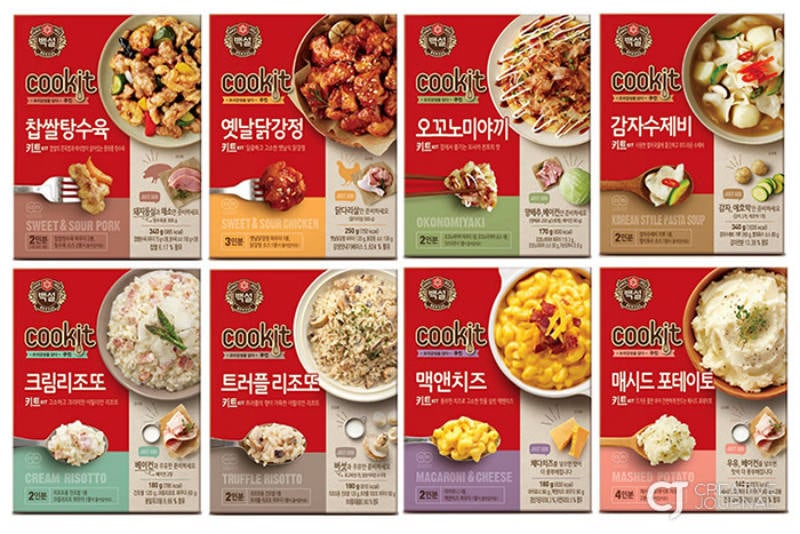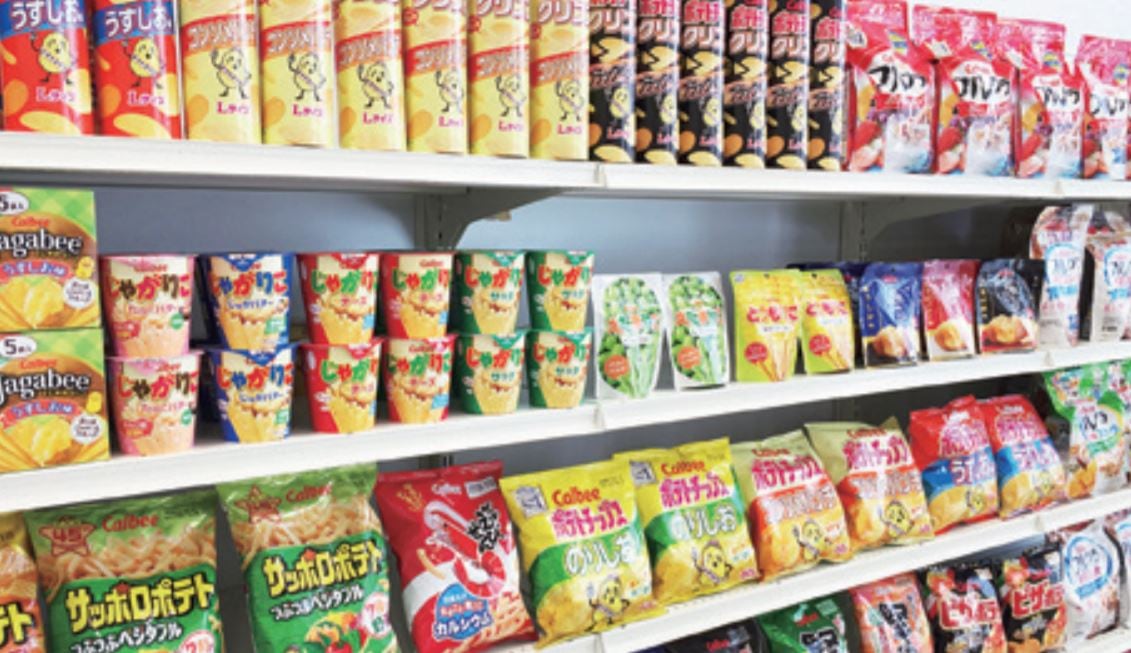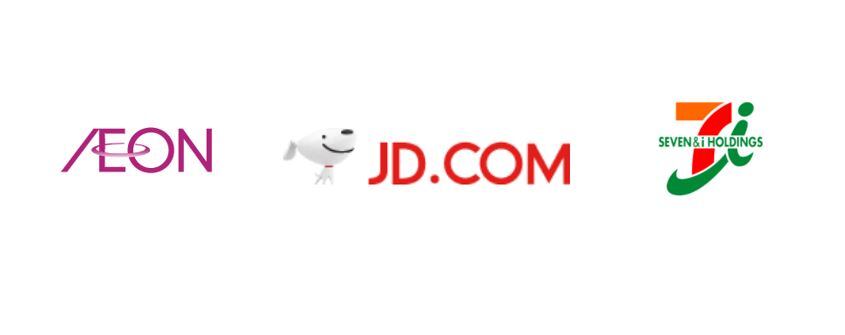According to a formal statement by the country’s Ministry of Trade, Industry and Energy (MOTIE), the online sales of food products rose 92.5% in February when COVID-19 infections were at its peak in South Korea, whereas offline retailers such as department stores and hypermarkets took the worst hits with sales falling by 21.4% and 10.6% respectively.
“Online sellers including Emart Mall, SSG Mall, AK Mall, Galleria Mall, Lotte.com, Lotte Mart Mall, WeMakePrice, TicketMonster, the online platform of Homeplus, eBay Korea, 11Street, Interpark, and Coupang saw sales grow 34.3% overall, [but the most growth was seen] for food products which soared 92.5%,” said MOTIE.
“This is because consumers refrained from going out as a result of social distancing amid the outbreak of the coronavirus.”
That said, not all offline retailers saw a hit – Korea’s ‘Super Supermarkets’ (SSMs), saw healthy growth during this time
SSMs are not allowed by law to be located within 500 square meters of any neighbourhood that already has a cluster of small stores.
“SSMs including Emart Everyday, Lotte Super, GS Supermarket, and Homeplus Express [saw sales] enhanced by 8.2% as preference for consumption nearby and demand for home meals increased due to the coronavirus,” said MOTIE.
“Sales of agricultural products, fisheries, and livestock were up 5.9%), fresh and prepared food up 7.8%), and processed food up 11.1%. As a whole, food products improved by 8.0%.”
This is likely because SSMs stock a broader range of food products, giving consumers a wider selection than small mom-and-pop stores, hence consumers are likely to go to these to purchase large amounts/varieties to store.
Convenience store chains such as CU, GS25, and 7-Eleven also saw sales go up 7.8% overall and 5.6% for food specifically, likely due to the close proximity of these to homes and essential workplaces.
Foreign relation concerns
Local sales numbers aside, in terms of food imports South Korea is less dependent on this than perhaps Singapore or Hong Kong in terms of maintaining food supply, but the country is still a major trading nation and dependent on Foreign Direct Investments (FDI) for growth, where it has recently hit some snags.
MOTIE reported that FDIs into the country for the first quarter of 2020 were still positive, but has predicted a downturn after this due to the impacts of COVID-19 in Europe and the United States.
“FDI commitments to Korea increased 3.2% compared to the first quarter of 2019. The coronavirus had limited impacts in the first quarter, but as it spread to the United States and Europe, which are major investors, FDI in the next quarter is likely to be affected,” said the ministry.
As it was, FDI commitments from several countries had already seen significant impact as of April 9: Commitments from Japan had dropped 50.2% to hit US$130mn, and those pledged from the EU fell 24.4% to US$250mn.
“By industry, the manufacturing sector is down 48.7% year-on-year [and] food is one of the sectors that has experienced a decrease,” added MOTIE.
According to Trading Economics numbers, Korea imports just 5.82% of its food, and exports just 1.26% - but what it does trade are mostly necessities. The country’s major import from Europe, for example, is pork, a market worth some EUR79mn (US$85.6mn) in 2018, according to the Dutch Agricultural Attaché Network.
Importantly, the main reason Koreans show a high demand for pork imports is due to local pork prices being about twice as expensive as that of imported pork, so failing to maintain imports could result in a gap of supply here.
For reasons such as these, maintaining good foreign and trade relations is still vital for the country, but to add to an already-difficult situation, the government’s decision to relax restrictions for churches and sporting facilities after seeing a single-digit number of cases reported earlier this month may well make things even more complicated.
The loosened restrictions means that churches can now reopen for services and sports matches may resume – allowing people to gather together in groups once more.
Although South Korea has previously been praised by global media for its efforts in handling the outbreak, as of April 21 the country still logged over 10,680 COVID-19 cases and 237 related deaths, and there still remains doubt about the relaxing of social distancing measures.
"It is safest to maintain the intensive social distancing, but it isn't easy realistically. We need to find a middle ground," said Prime Minister Chung Sye-kyun at a televised meeting.
Churches are considered high-risk locations for the spread of COVID-19, especially in Korea which rose to become one of the largest early COVID-19 epicentres earlier this year due to widespread infections believed to have started from a single church.
Given that many of its major trading partners such as Europe and the US are still intensively battling COVID-19 in their own countries, whether or not South Korea’s decision to relax these measures right now will spill over to affect trade and FDI decisions from these partners remains to be seen.





